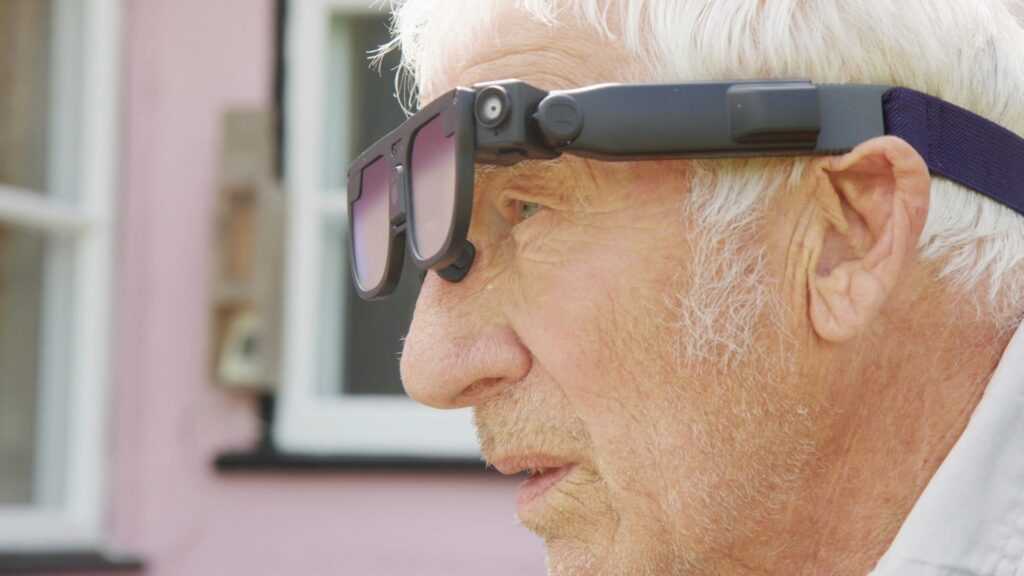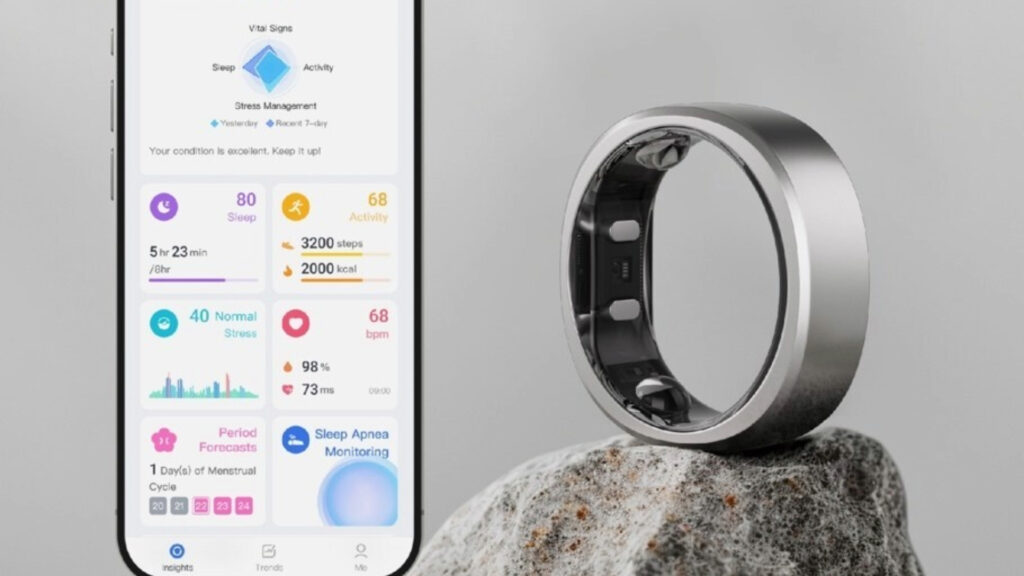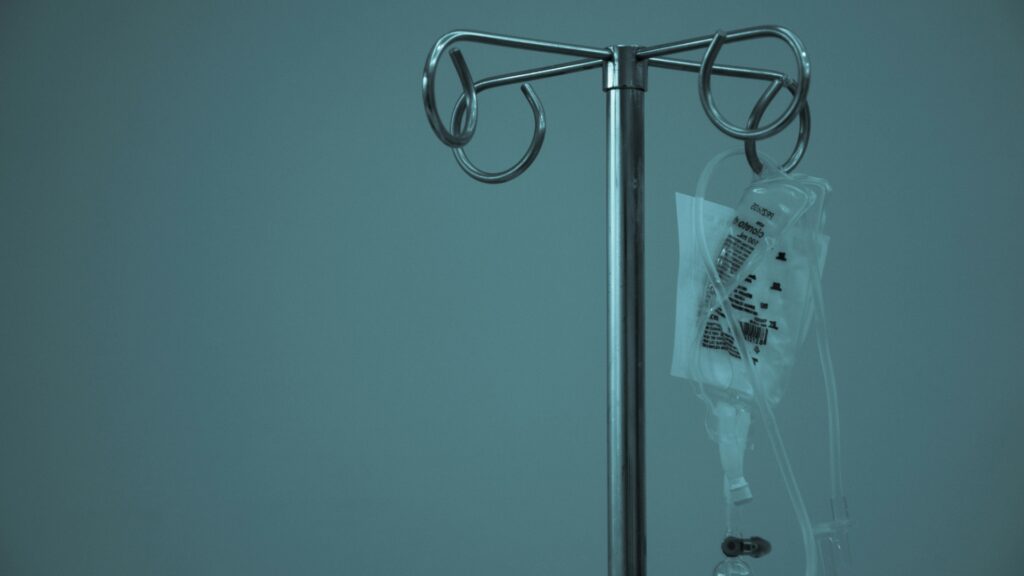Falls among people with dementia represent a significant healthcare challenge, with increased risks of hospitalization, disability, and death compared to their peers. Austin-based Clairvoyant Networks has been named one of five finalists in the £4.4 million ($5.8 million) Longitude Prize on Dementia for their Ultra Wideband technology designed to detect and predict falls in people living with dementia.
Key Points
- Clairvoyant Networks’ Theora® 360 system uses Ultra Wideband (UWB) technology – the same technology used in World Cup soccer to track ball movement – combined with AI and neural networks to establish when falls are likely to happen.
- The company received £300,000 ($400,000) as a finalist and is the only U.S. team to progress to the final stage of the international competition, with one winner to receive £1 million ($1.3 million) in 2026.
- The smartwatch system, created specifically for older people, monitors daily patterns and identifies unusual behaviors in high-risk areas like bathrooms and bedrooms to predict potential falls before they occur.
- The Longitude Prize, funded by Britain’s Alzheimer’s Society and Innovate UK, aims to reward AI-based assistive technologies that help people with dementia maintain independence longer.
- Four other finalists were also selected in the competition.
- UK-based Animorph developed CrossSense, AR glasses that help users recognize objects and people while providing memory cues for what to say or do.
- Fraunhofer Portugal Research created AUTONOMOUS, an AI system that processes data from smartwatches and home sensors to learn users’ routines and provide personalized guidance throughout the day.
- Supersense Technologies, also from the UK, designed a privacy-focused home monitoring system that scans rooms and alerts family members about their loved one’s wellbeing through WhatsApp or text messages.
- The MARCS Institute at Western Sydney University in Australia developed MemoryAid, a device that resembles a traditional telephone but includes a video screen for calls and visual reminders, along with reassuring voice recordings that prompt users through daily activities.
Together, these five AI-powered technologies represent diverse approaches to a shared goal: helping people with dementia maintain their independence and dignity while providing peace of mind to caregivers.
The Data
- Nearly 7 million Americans are currently estimated to be living with Alzheimer’s disease.
- By 2050, the number of Americans with Alzheimer’s is projected to rise to nearly 13 million.
- The competition attracted 175 entries from 28 countries, with 24 semi-finalists developing technologies in the last 12 months before five finalists were selected.
- Each finalist receives £300,000 ($400,000) for 15 months of development, with the winner receiving £1 million ($1.3 million) in early 2026.
Industry Context
We know that people living with dementia are more likely to fall than their peers and so it made sense to focus on a solution that could help to accurately detect and also predict falls, which goes beyond other detection-only, post-fall awareness systems.
Stephen Popovich, CEO of Clairvoyant Networks
The Theora® 360 system represents a novel approach to fall prevention by using UWB technology to establish patterns and predict when falls are likely to occur. Unlike traditional fall detection systems that only alert caregivers after a fall has happened, this predictive technology could anticipate changes at certain points in a daily routine or anomalies in certain locations to predict harmful falls.
The technology aims to serve dual purposes: increasing independence for people with dementia who wish to remain in their homes longer, while providing peace of mind to family members who cannot provide round-the-clock supervision. The company emphasizes that UWB technology offers both pinpoint accuracy in detection and prediction while respecting user privacy and security.



